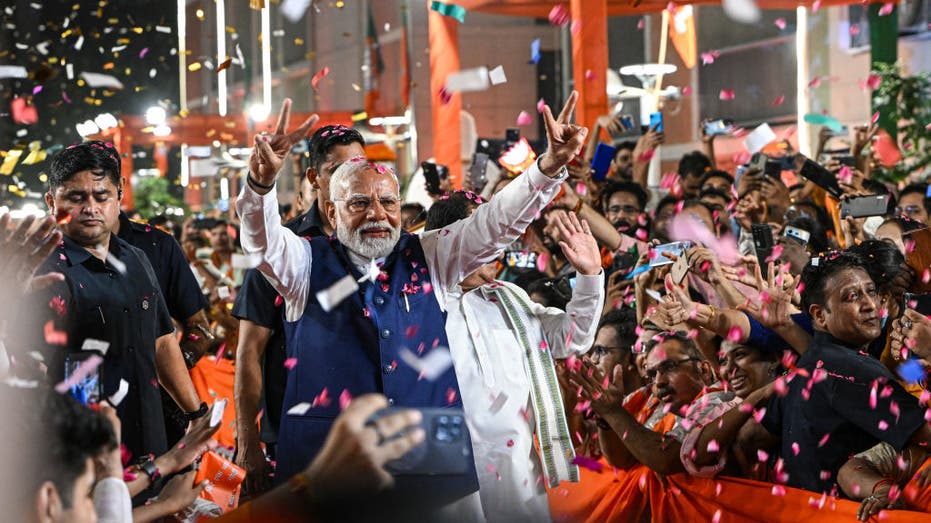
India's stock markets experienced their worst one-day loss in about four years on June 4, 2023, as the electoral performance of Prime Minister Narendra Modi's ruling Bharatiya Janata Party fell short of expectations.
The Nifty 50 plunged 5.93%, while the BSE Sensex lost 5.74%, marking their largest loss since 2020.
The All India Market Capitalization index, tracked on the Bombay Stock index, lost over $371 billion (31.06 trillion rupees) in a single day.
Despite securing a rare third term in power with 240 seats in the lower house parliament, Modi's BJP lost its single-party majority for the first time since 2014, making it more difficult to implement structural policy changes such as land reforms and farm sector reforms.
The opposition Indian National Congress garnered 233 seats in the election, a much better result than predicted. The NDA coalition managed to retain parliamentary majority with 294 seats.
Analysts suggest that this political shift could introduce uncertainty into policymaking in India and may lead to policy paralysis and uncertainty in the government's functioning.
The losses on Tuesday meant the Sensex index erased all its gains this year, going from a 5.85% year-to-date gain on Monday to a 0.22% loss position.
On Wednesday, after the election results were announced, both the Nifty and Sensex rebounded slightly with gains of 0.7% and 0.26%, respectively.



